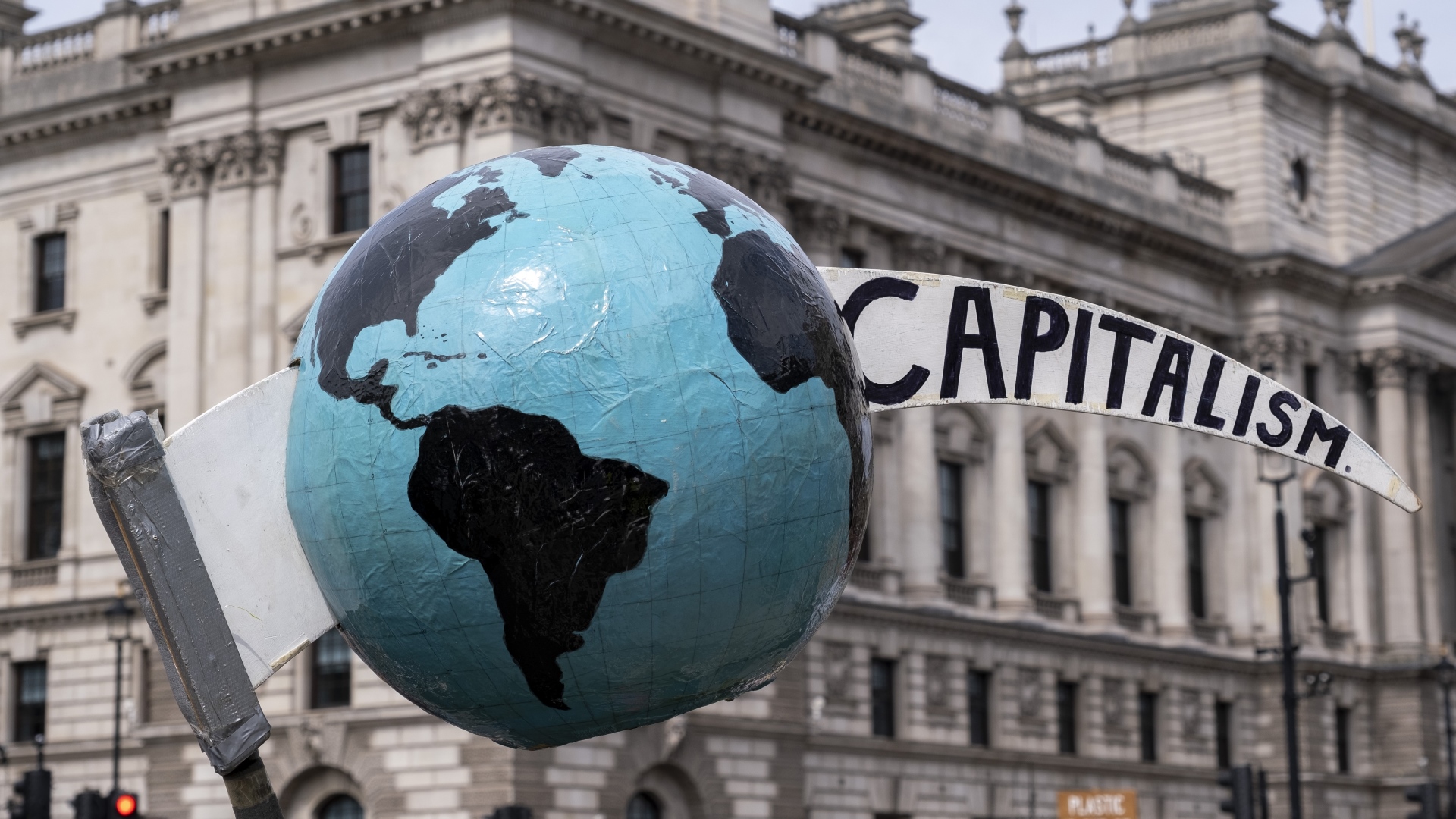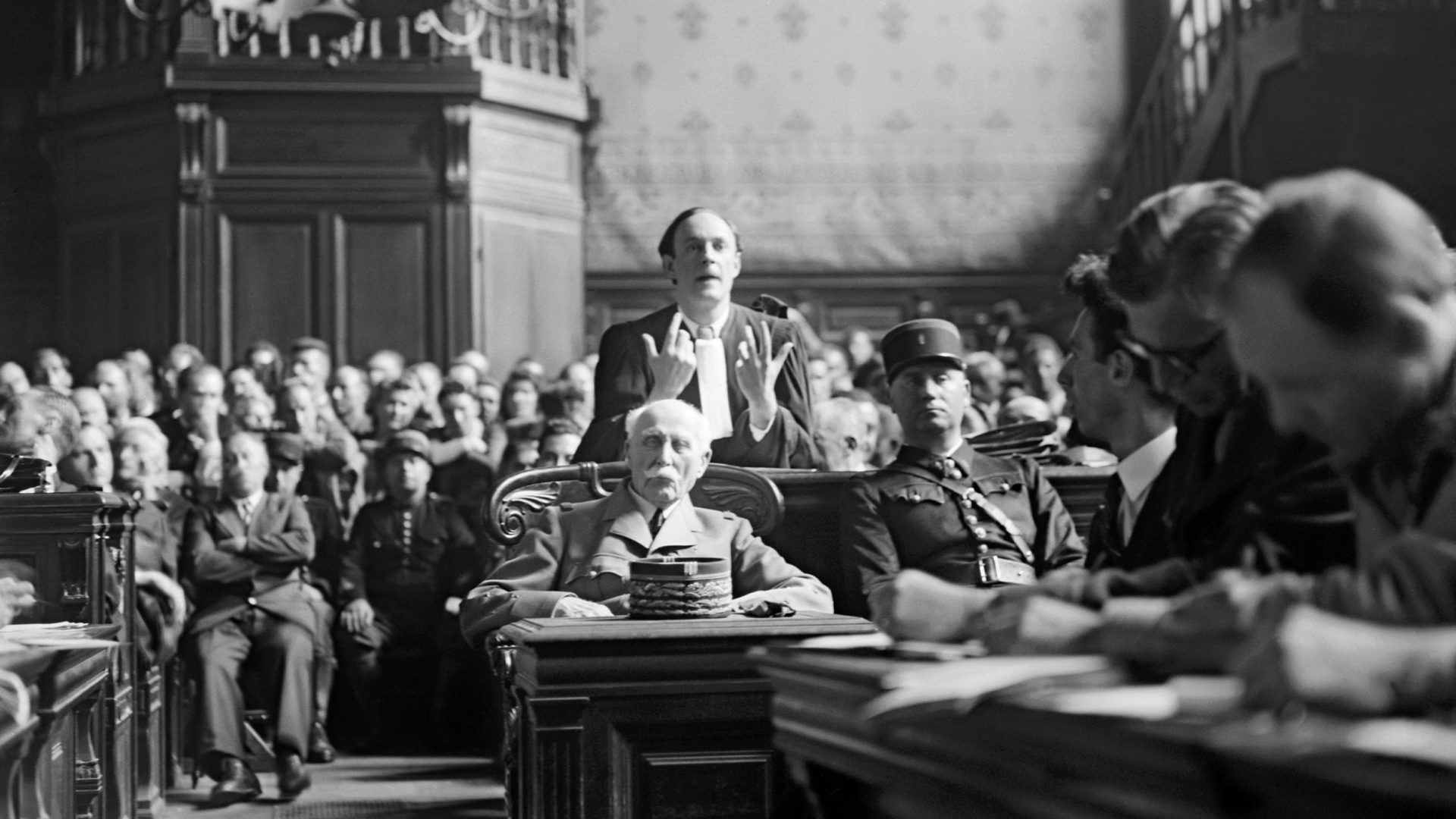The conclusion of Alastair Campbell’s Diary in TNE #347 on why people voted Leave is instructive. But we must admit that the Trumpsters and Brexiteers have not been the only “liars”.
There are other long-established lies that need to be acknowledged more widely by those who maybe need to first reconcile themselves to the negative impacts of the last 30-40 years of neoliberalism and globalisation and their part in facilitating it.
The main big lie is that the “free” market, trickle-down economics, deregulation and privatisation of everything that moves would lead to good outcomes for most people. It clearly hasn’t and it still won’t, especially for those people who voted for Donald Trump, and Brexit. It has led to oligarchy and, now, techno-feudalism.
Open and honest acknowledgement of this, the cause rather than the symptom of votes for Brexit and Trump, might just start to convince those voters that politicians are once again on their side. That could lead to a more cohesive society that might start to make good on George Osborne’s slogan “all in it together”.
Until there is some explicit consensus and acknowledgement about the falsehoods of neoliberalism, and the impacts of capitalism on the planet, we will remain in grave and increasing danger of losing the battle for democracy to the populists, who are lining up all around the world to take advantage of the opportunity afforded them by the resulting economic outcomes.
Kevin Boardley
London SW18
Discrediting the falsehoods of Brexit and highlighting the advantages of rejoining the EU are the ways forward, but people will still tend to believe what they want to believe.
Therefore Remainers/Rejoiners must recognise there were some elements of truth in the pro-Brexit arguments – for instance, there was indeed a sovereignty issue, with UK sovereignty being very slowly superseded by the greater democratic EU – but this was an absolutely inevitable change as our civilisation evolves and a Good Thing (but hard to acknowledge).
It would help enormously if Remainers acknowledged this, as it’s a starting point for Leavers to reconsider their position. Just saying “Leavers are Wrong” doesn’t allow them to change their minds; there’s no path back to sanity. We must acknowledge and address the concerns these people had, in a strongly positive and genuine fashion.
Dr John Watson
Warrington, Cheshire
Understanding the motivation of those who voted Leave is not enough because:
1) There were numerous “motivations”, some of which were at best incoherent and at worst outright contradictory; many of these were based on lies.
2) Those motivations that were genuine were based on issues with austerity, not EU governance.
3) The narrative of the referendum has naturalised places by the way they voted based on “the revenge of the left-behind”, but questions remain as to why these voters voted as they did – was it place, politics or culture?
4) The salient facts in terms of votes in the referendum are these: only a third or so of those eligible to vote voted Leave – because some people did not vote at all; the largest group of Leave votes came from the affluent Tory shires not the red wall; and the vote split in much of the red wall was pretty close.
Chris Smith
Pen pushers
Of course, the protests and rioting that followed the death of Nahel Merzouk (“The rave before the storm”, TNE #347) dominated the news here in France, but initially, the coverage was no more than what you would expect from another violent end to another French protest. We have more marches here in a month than Britain has in a year. Thus the police are overstretched, and most protests seem to end in violence, as the anarchist or extreme ecologist movements find a perfect playground in the historically rebellious French mind.
And let’s not forget the far-left politicians who refused to call for calm after nights of violence. Their only political agenda is chaos, and they seem oblivious to the fact that all they are doing is pushing Marine Le Pen towards the Élysee.
Stéphane Lacoste
Via Facebook
Boxing clever
I enjoyed Nigel Warburton’s article on AJ Ayer (Everyday Philosophy, TNE #347), but I have heard a much more amusing and telling story about his run-in with Mike Tyson – although it may be apocryphal, of course.
As Nigel wrote, Ayer confronted Tyson over his behaviour towards Naomi Campbell. Tyson responded by turning on him angrily and saying, “Do you know who I am? I am the world heavyweight boxing champion.” To which Ayer responded, “Yes, I know, and I am the Regius Professor of philosophy at the University of Oxford.” By which time Campbell had slipped away and Tyson and Ayer had a good conversation.
Francis Rolt
London N20
To the right
Alternative fur Deutschland (Germansplaining, TNE #347, #346) is not so far right! No other political party in Europe has so many professors and intellectuals among its members, including high-ranking ex-service personnel and economists.
Steve Wain
Enger, Germany
Editor: AfD was founded by economics professor Bernd Lucke. He left the party in 2015, citing rising xenophobia in its ranks.
Roche spray
Surely I cannot be the only reader to have noticed the near-weekly unofficial column from Martin Roche in the letters page, most recently in TNE #347?
He tirelessly pushes his SNP populist opinions, as a flag-waving Jock Tamson’s bairn. There have to be more interesting letters to publish than his narrow-minded rhetoric?
Joseph Dunseath
Glasgow, Scotland
Discordant
The Spectator magazine: founded by the hymn-writer Joseph Addison and now, according to Mandrake (TNE #347), to be sold to Rupert Murdoch? What an unfortunate end.
Peter Wilton
Glasgow, Scotland
Broody
Nice to see Charlie Connelly’s article on Herman Brood (Great European Lives, TNE #347). I played Shpritz to oblivion and still love it when Brood or Cuby & the Blizzards get played.
Maryke Gosliga
I enjoyed Charlie Connelly’s “Characters in search of an author” (TNE #346). Many years ago I was watching a film – whose title and subject sadly escape me – in which one character is a farmer. There’s a shot of his office and on the rather untidy desk is a book I recognised.
It was Soil and Sense by my uncle, Michael Graham, which, if it isn’t the founding document of the organic farming movement, should be.
Roger Sturge
Bristol, Avon
Interesting
It was heartening to read Paul Mason’s positive call for an economic regime change in an otherwise rather dispiriting TNE #347, with its projections of the rise of the extreme right in Germany, Spain and France. To prevent this, the centre left in all countries have got to give a message of hope by explaining why there is more than enough money to pay for the social and environmental improvements that their increasingly insecure voters crave.
In the UK, £30bn could easily be found to meet these needs. During the banking crisis of 2008-09 and Covid in 2020, more than £875bn of government-created money via quantitative easing (QE) was transferred to the commercial banks, and then on to the private sector and individuals. Although doing nothing to earn this money, these banks are still paid the Bank of England base interest rate on the total sums they hold.
When interest rates were under 1%, as they were from 2009 to 2021, these interest costs were insignificant. Now that the base rate is 5%, the sum paid has soared to about £45bn a year. But if the majority of this money was paid at 0.1% interest, it would save around £30bn per year that could be spent on social and environmental projects.
Another source could be from making the £70bn a year invested in tax-free Isas dependent on them being used for employment-creating social and green investments.
Clearly money is not a problem for the UK or other European countries. The problem lies with the lack of political courage and vision from centre left parties Europe-wide.
Colin Hines
Convenor, UK Green New Deal Group
I was struck by two articles in TNE #345: Paul Mason arguing for universal basic income, and your anonymous GP stating the obvious – that we do not care for our older people. Almost everywhere else in Europe families have the prime responsibility for care and, culturally, fully accept this.
So what about offering UBI to individuals who commit to caring for their elders, for as long as is necessary? Two birds etc.
Ritchard Brazil
Wrotham, Kent
While reading Paul Mason’s “What if everyone were entitled to a universal basic income?” my mind kept drifting towards the next stage.
What if money did not exist? I wonder if the Autonomy thinktank contemplates a society where a comfortable place to live, food and clothing are universal givens, and where possession in excess of need is not countenanced or even desired?
Has anyone also considered that until the world population matches the planet’s capacity to sustain it (about a third of the current population) all systems are doomed to fail?
David Lister
Home to roost
Your summer break gave me time to compose myself after reading about the plight of second homeowners (“How Brexit killed the expat dream”, TNE #346). There was I thinking that second homeowners were a privileged elite driving up house prices and driving out locals, but no, Brexit has made life hard for them, too. Is there no end to the suffering?
Steve Penny
Shame name
I always enjoy Peter Trudgill’s language column, and as an Irish speaker I particularly liked his piece on Irish Gaelic in TNE #344. Peter missed a trick in his list of Irish words used in English by not including “Tory”, from the Gaelic “toruidhe” – an outlaw or bandit.
Joe McLaughlin
Bonnyrigg, Scotland
Starting point
Few people would disagree with the statement “the country’s in a mess”, but agreement dissolves as soon as any discussion starts.
Much could be achieved if we had a clear unifying target embraced by all, and I suggest this should be “decent affordable homes for all”.
Decent affordable housing would have a significant impact on both physical and mental health, even improving life expectancy, it would improve education outcomes if all children had steady, long-term, safe housing, with space to do homework. And it would improve financial and societal stability, easing pressures on law enforcement, because currently a disproportionately high percentage of income has to be spent on housing. Well-insulated homes would help climate change mitigation and reduce family spending.
We will all have to look seriously at how housing wealth is unequally distributed, and it gets worse with every generation. The housing ladder is no longer true. It’s now a housing millstone.
John Simpson
Ross-on-Wye, Herefordshire



